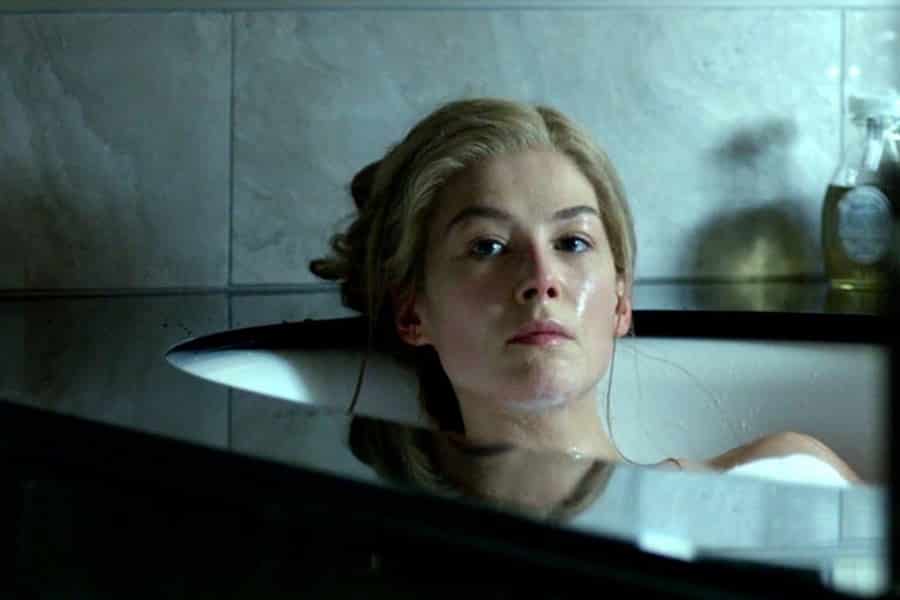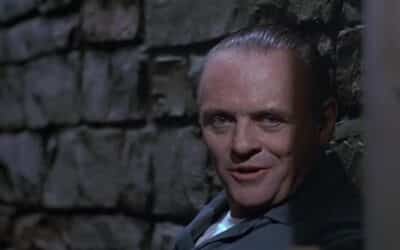
Feature
Popularity of Domestic Thrillers
Kiersten Modglin
Like many fans of the genre, I remember Gone Girl as the first domestic thriller that really clicked for me. For years, I’d been devouring classic thrillers, following a detective hunting down a serial killer or watching a spy try to thwart the bad guy.
So, when I read Gone Girl—classical enough in its mystery: did the husband kill his wife?—I remember the absolute shock when the twist slapped me in the face.
Just like that, the game changed.
Practically overnight, I switched from reading thrillers I’d loved for so long and began exclusively looking for stories that centered around families: husbands, wives, sisters, mothers, daughters, even best friends.
It was as if an entirely new world opened up for me, both as a writer and as a reader, and it seems as if a whole generation of writers and readers felt the same way.
Since Gone Girl’s release, the psychological and domestic thriller genre has only picked up momentum in popularity. Before its release, I’m not even sure I’d heard the term.
So, why is this genre so popular? What is it about the domestic thriller world that has readers and writers alike so excited?
For me, a huge part of it is the level at which we can relate to the characters in these stories. For the most part, the characters we find in the domestic thriller worlds are just like us. Their daily lives are relatable, their secrets could be ones we’re keeping ourselves, and what happens to them could easily happen to us with just a small twist of fate.
When reading or watching a classic thriller, you’re looking for the criminal. Oftentimes, you’re not seeing it from the criminal’s point of view, or, if you are, as is the case with some of my favorite serial killer thrillers, you’re seeing their evil without seeing their humanity.
In the domestic thriller genre, we’re quite often in the head of the villain and the victim, spending the majority of our reading time trying to decipher which is which.
There’s something unique and gratifying about being in the head of someone you feel like you can trust, someone you feel like you’d grab coffee with if you met them in real life, only to have the tables turned on you at the last second to reveal they’re lying about so much.
Such is life.
I think the brilliance of the domestic thriller genre is that the reader goes into it knowing they could be tricked, but wanting to trust and believe the main character’s story. They look for little clues along the way, but while enveloped in the story, the writer is often able to pull a bit of sleight of hand anyway, leading to some of the most satisfying twists.
In these stories, we’re put into situations we could easily find ourselves in during the course of our everyday lives. While most of us can’t relate to a spy or a detective and what they do during their day-to-day, we can all relate to someone who believes their friend is hiding a terrible secret. Most of us can relate to worrying about what our children are doing when they aren’t at home, why our spouse is disappearing in the middle of the night, or why our mother suddenly doesn’t answer our calls on Tuesdays.
Even if we haven’t experienced these things, we can imagine how they would feel. We can see how, if we’d taken this street rather than that, or we’d had to go out of town for this trip, or we’d asked our spouse to pick something up from the store on their way home, our lives could change in a split second, just like the main characters in the books we love.
So, while I still love to read a great detective or serial killer thriller now and again, I’ve found myself gravitating toward the domestic thriller genre for several years now, both as a reader and a writer.
As I watch the genre soar, picking up new readers that have branched over not only from mystery and thrillers but also from genres like romance and women’s fiction, I’m realizing that it’s that human quality that seems to connect us all to these stories. People love characters they can relate to—even when they’re unlikeable, even when they’re horrible people—they want to see bits of themselves in the characters they read. Domestic thrillers, in my experience, have hit that figurative nail on the head.
While I think every good book contains relatable characters, and it’s the humanity of the character, no matter their profession or the genre of story they’re in that we connect to, Gone Girl, and books like it, have shown us a way to connect to characters that we hadn’t seen before.
They showed us that we can hate characters, feel disgusted with their choices, but still understand what led them there. From inside their heads, we can see the world through their eyes, understand exactly what led them to this point in time, and even sympathize with small, relatable moments.
We are all connected by our humanity and, if you believe what domestic thrillers tell us, we’re all one bad day away from the decision that could send our worlds into a downward spiral.
It’s that, the very real reality that this character could be us or this thing could happen to us, that has readers obsessed with true crime, and I believe it’s still that which connects us, and will continue to connect us, to this genre. It’s as if we get to be a fly on the wall for the juiciest bit of gossip we’ll ever hear. We watch the drama unfold, feeling every bit of the anxiety and fear the characters feel while still safely on our couches or tucked into bed. We read with pleasure because it could be us, but it’s not, and for that, we are very, very thankful.
About the Author
Kiersten Modglin is an Amazon Top 30 bestselling author of award-winning psychological thrillers and a member of International Thriller Writers. Kiersten lives in Nashville, Tennessee with her husband, daughter, and their two Boston Terriers: Cedric and Georgie. She is best known for her unpredictable suspense and her readers have dubbed her ‘The Queen of Twists.’ A Netflix addict, Shonda Rhimes super-fan, psychology fanatic, and indoor enthusiast, Kiersten enjoys rainy days spent with her nose in a book.

Similar Features
Crime and the Domestic Thriller
The melding of crime with domestic narratives
Mind Games
Mind Games in Psychological Thrillers
Psychological Crime Thrillers
The Twisted Trails of Psychological Crime Thrillers
Advertisement



